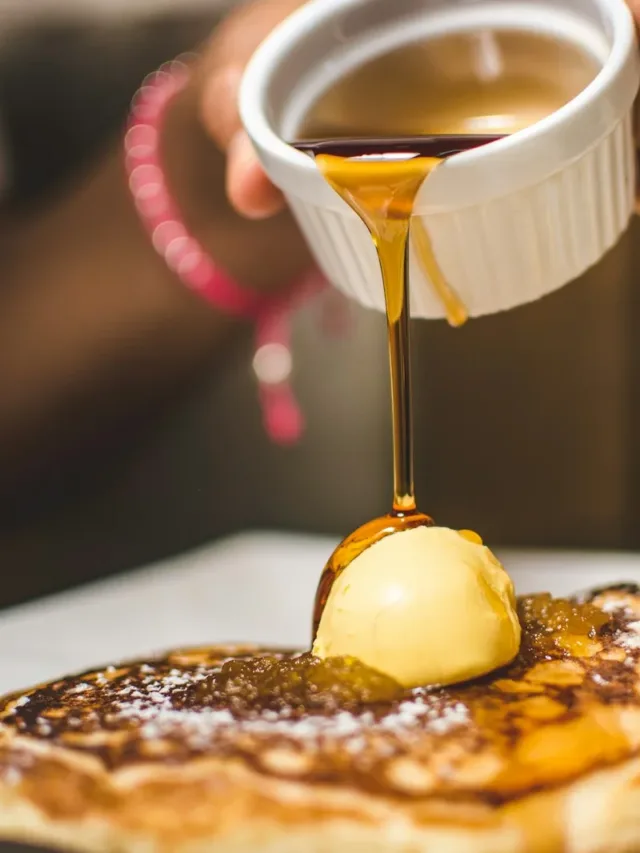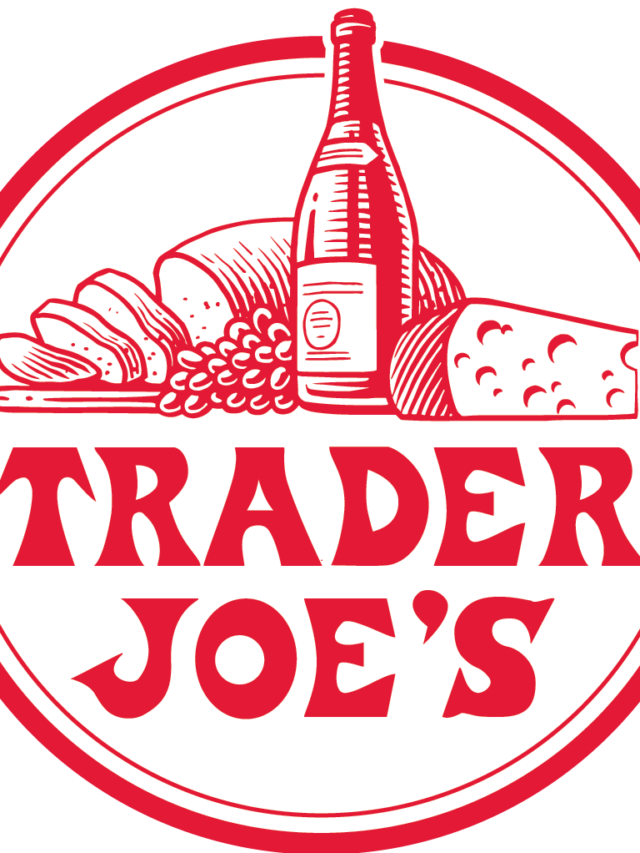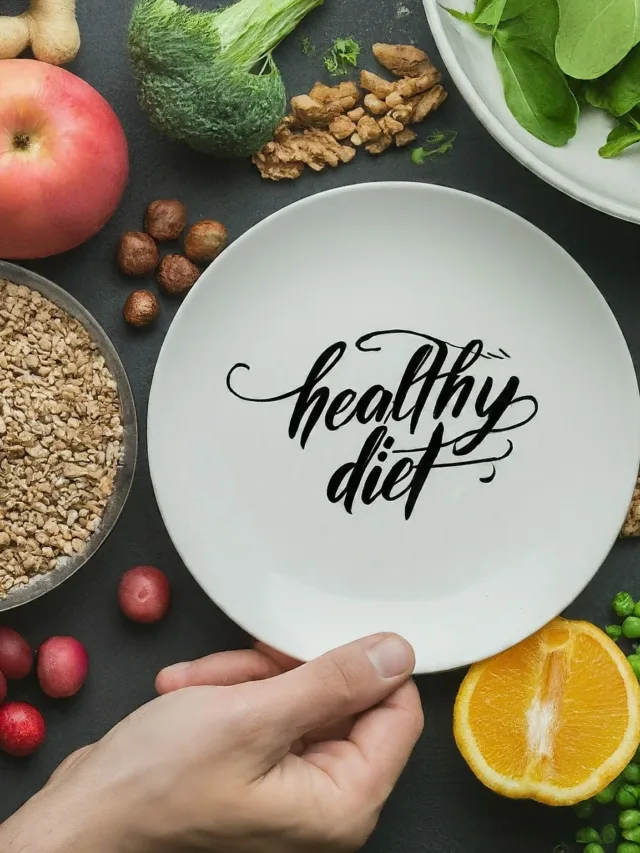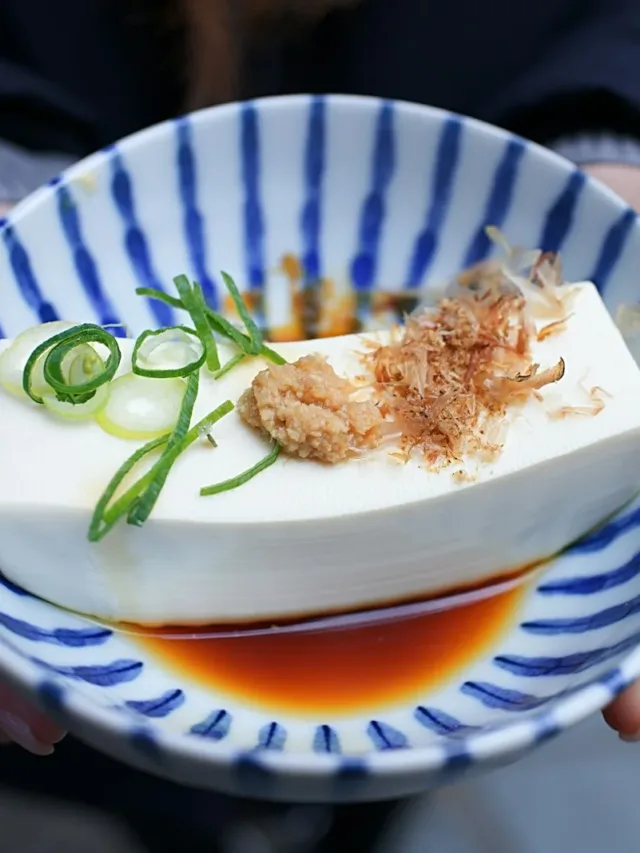Try this Zone Diet recipe of Quinoa Khichdi for an upset Stomach
Quinoa khichdi or Quinoa Porridge is a variation of the traditional Indian dish Khichdi made with quinoa instead of rice. It’s a nutritious and delicious dish that’s easy to prepare and suitable for a Zone Diet. The dish comprise of Quinoa, which is a gluten-free whole grain that’s high in protein, fiber, and various micronutrients such as magnesium, potassium, and iron. Mung dal, also known as split yellow lentils, is a good source of plant-based protein, fiber, and essential vitamins and minerals.
The addition of vegetables such as carrots, peas, and bell peppers to the khichdi adds more fiber, vitamins, and minerals to the dish. Spices such as cumin seeds, turmeric, coriander, and cumin powder not only enhance the flavor but also provide additional health benefits such as anti-inflammatory and antioxidant properties.
Here’s a recipe for Quinoa Khichdi that is suitable for the Zone Diet:
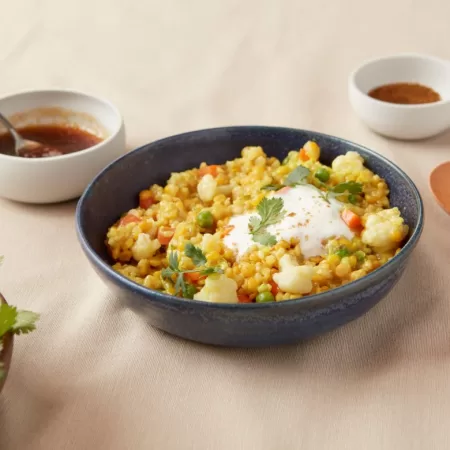
Quinoa Khichdi / Porridge
Equipment
- 1 Hot Pot
Ingredients
- 1/2 cup mung dal split yellow lentils
- 1 tablespoon ghee clarified butter
- 1 teaspoon cumin seeds
- 1 teaspoon turmeric powder
- 1 teaspoon coriander powder
- 1 teaspoon cumin powder
- Salt to taste
- 2 cups water
- Chopped vegetables such as carrots peas, and bell peppers (optional)
- 1/2 cup Yogurt
Instructions
- Rinse the quinoa and mung dal separately in running water and soak them in water for 30 minutes.
- Heat ghee in a pressure cooker or a deep pot over medium heat.
- Add cumin seeds and let them splutter.
- Add the soaked quinoa and mung dal and sauté for 2-3 minutes.
- Add turmeric powder, coriander powder, cumin powder, and salt. Mix well.
- Add chopped vegetables (if using) and sauté for another 2-3 minutes.
- Add 2 cups of water and mix well.
- Close the lid of the pressure cooker or pot and cook for 2 whistles or 15-20 minutes until the quinoa and dal are fully cooked and the khichdi is of a porridge-like consistency.
- Serve hot with a side of plain yogurt.
Notes
Here’s a breakdown of the nutrition information for one serving (1 cup) of quinoa khichdi:
Calories: 312 Protein: 16g Carbohydrates: 49g Fat: 5g Fiber: 9g Sodium: 299mg Potassium: 634mg Iron: 4mg Magnesium: 151mg
As you can see, quinoa khichdi is a balanced meal that provides a good mix of carbs, protein, and healthy fats. It’s also rich in fiber, which helps to keep you full and satisfied for longer periods of time, and contains essential vitamins and minerals that are important for overall health and well-being.
ZONE BLOCKS BREAKUP
Here are the approximate Zone blocks in the dish:
- 1/2 cup mung dal split yellow lentils: 3 blocks of protein and 1.5 blocks of carbohydrate
- 1 tablespoon ghee clarified butter: 9 blocks of fat
- 1/2 cup Yogurt: 1.5 blocks of protein and 1 block of carbohydrate
Total:
- Protein: 4.5 blocks (3 from mung dal and 1.5 from yogurt)
- Carbohydrate: 2.5 blocks (1.5 from mung dal and 1 from yogurt)
- Fat: 9 blocks (from ghee)
Note: This recipe is a vegetarian option and is relatively high in fat compared to protein and carbohydrates. The Zone diet recommends balancing every meal and snack with a specific ratio of macronutrients, typically consisting of 30% protein, 40% carbohydrate, and 30% fat. This recipe may not be suitable for every individual following the Zone diet, and it is recommended to consult a registered dietitian or healthcare provider to determine the specific nutrition needs for individual goals and health conditions.




